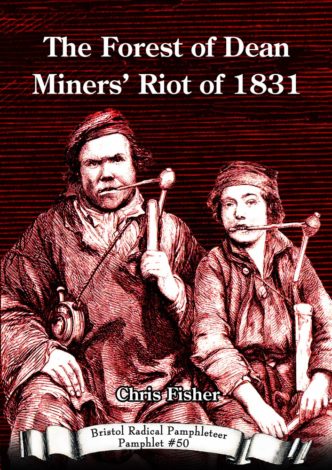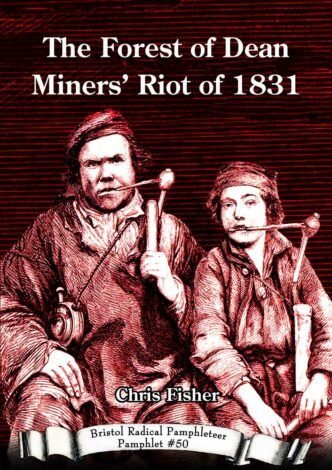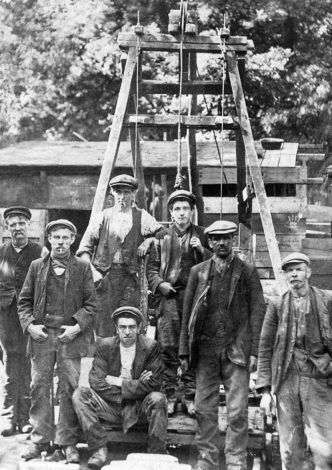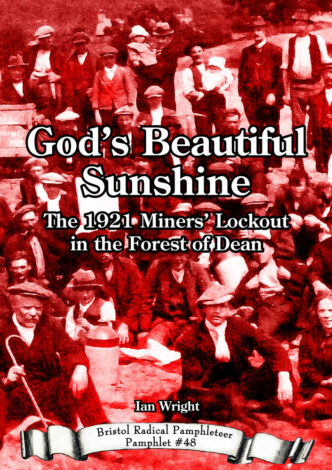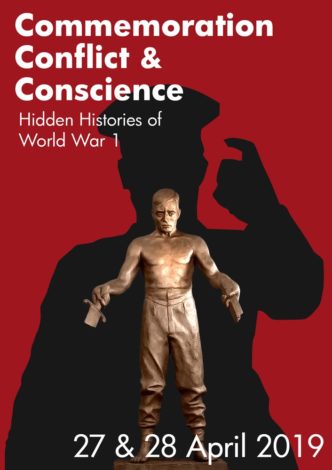Christmas Webinar 3: God’s Beautiful Sunshine – The 1921 Miners’ Lockout in the Forest of Dean
In 1921, in response to a severe depression in the coal trade, colliery owners, supported by the government, slashed labour costs. Refusing to accept this cut in wages, a million British miners, including many war veterans, a were locked out of their pits. The consequences for the 6,000 Forest of Dean miners, their families and the whole community, was brutal. However, the miners fought a determined battle for an alternative which included public ownership of the mines with decent pay and […]



